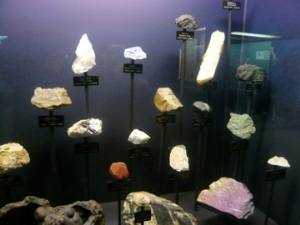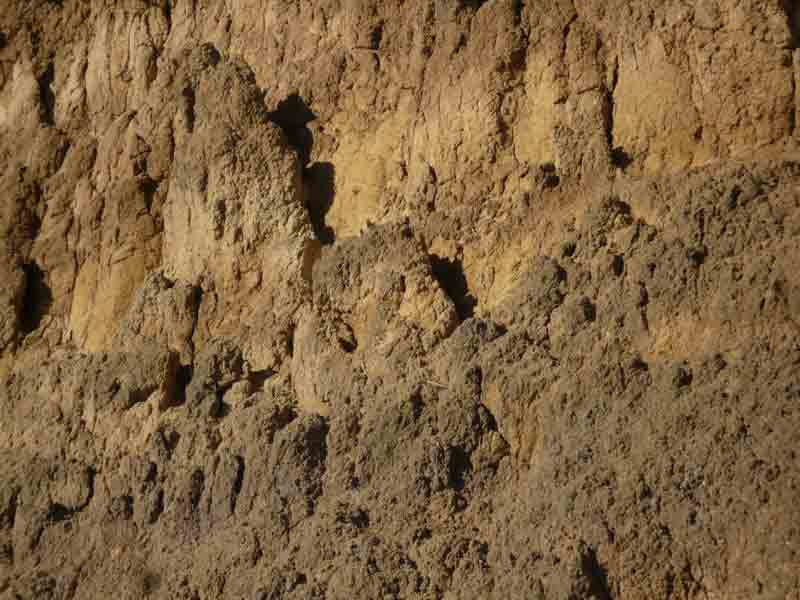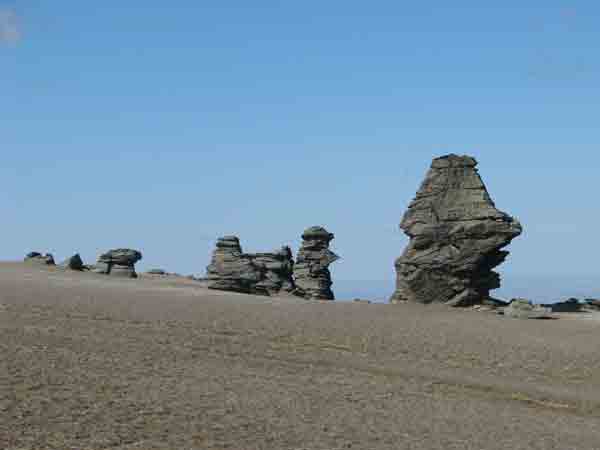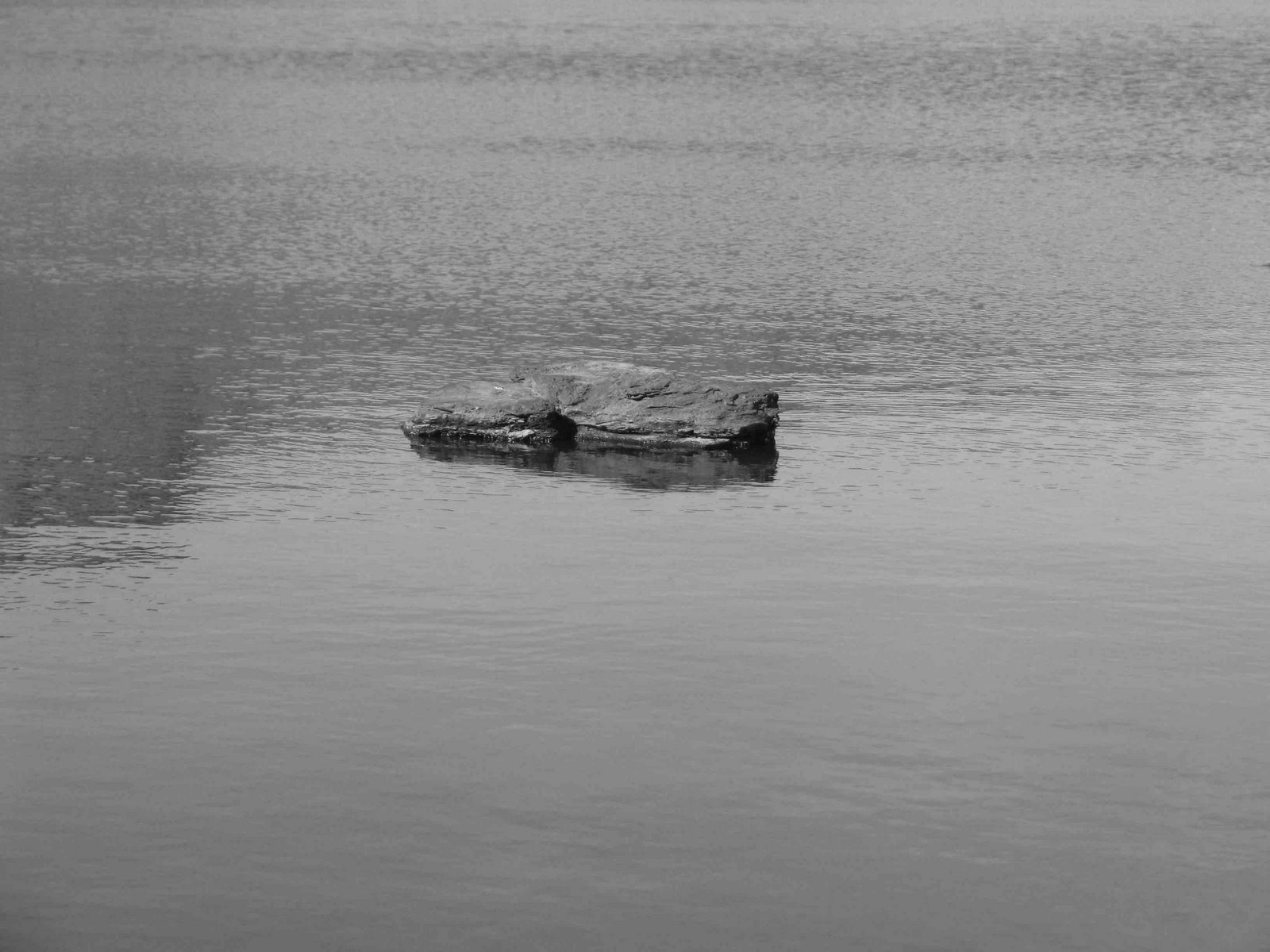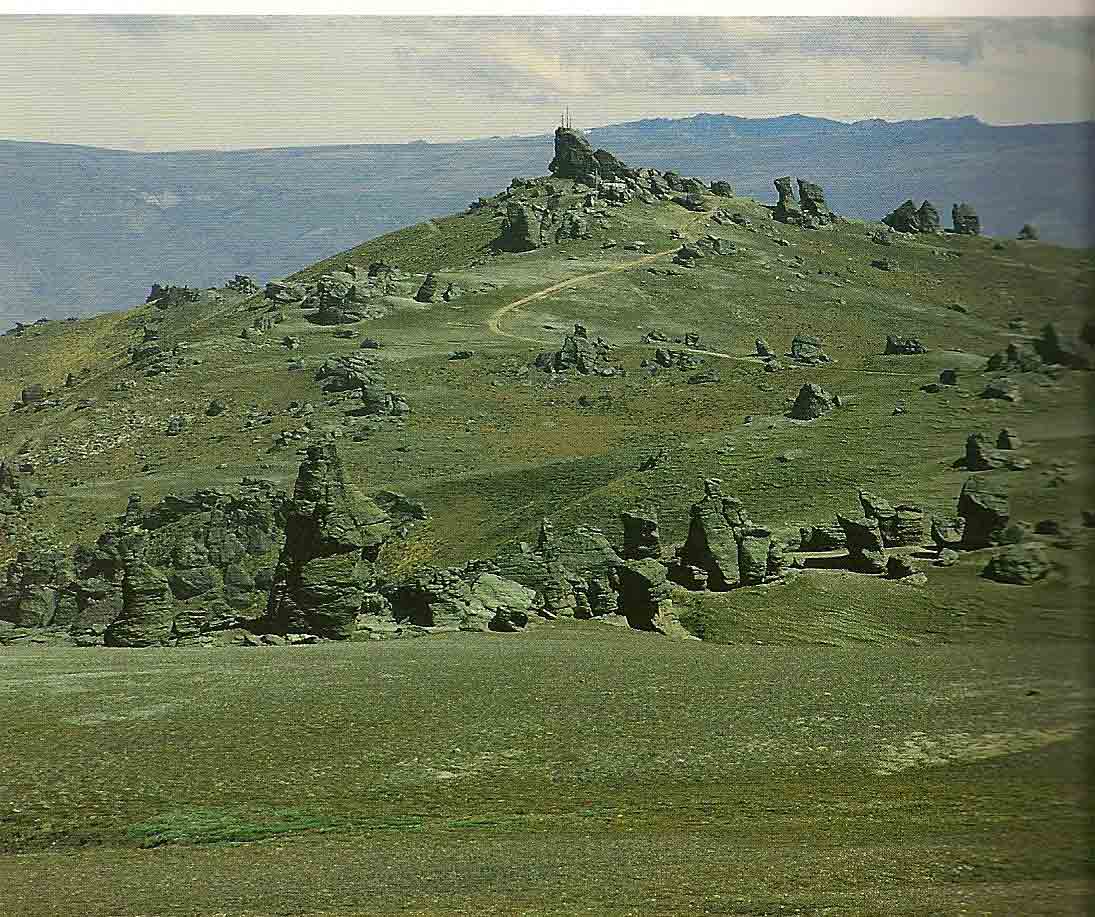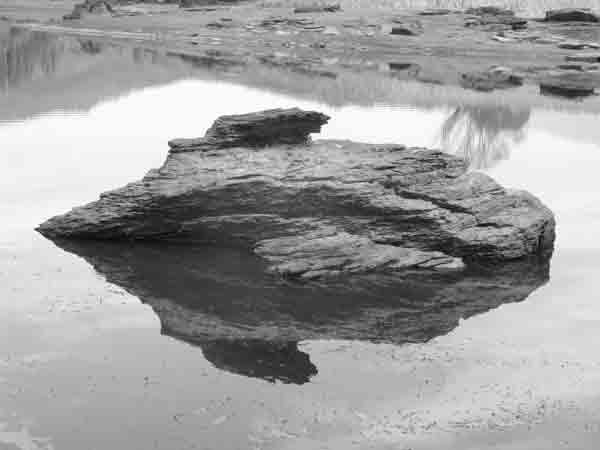Rocks
It’s been in recent months quite unusual for me to pick up a camera. Just don’t seem to be getting the call. It is I hope, an incubation period.
A week or so ago I went for a walk along our fine foreshore here in New Plymouth and found myself hesitating before several views. I was surprised, it seemed like a start.
Rocks and dirt are always tempting subjects, even if just as a way of practising scales so to speak, a way of understanding and building upon what has been done by colleagues before but long gone, of limbering up the fingers and concentrating the mind.
Below are some Kaikoura rocks, from the top right of the South Island, this was taken a year or so ago.
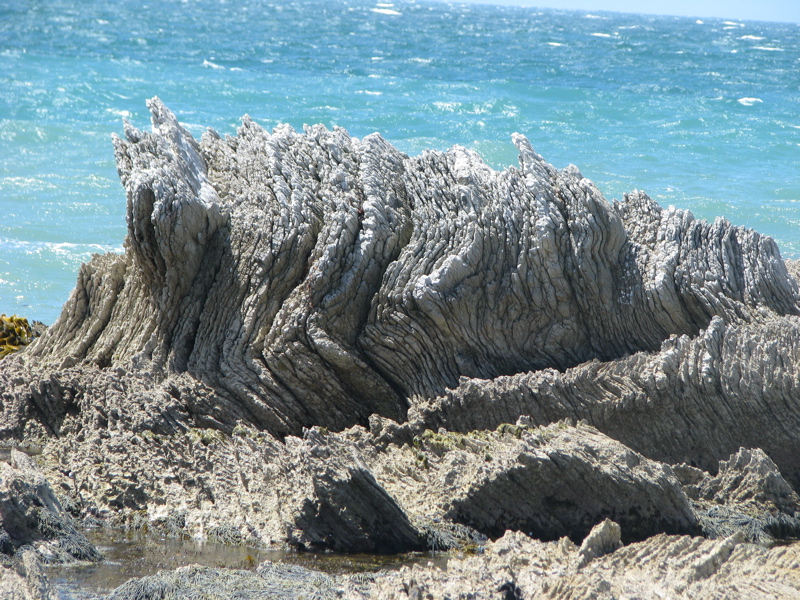

The Obelisk
Yesterday I went up to the top of the Old Man Range, just to the west of Alexandra. Access is via a rough and in places steep road, really only accessible with a 4 wheel drive, not the family Toyota. There are about 5 gates to open.
This is a well known tor called The Obelisk, visible from a very long way away. I’ve been photographing rocks steadily since I arrived in Central Otago two months ago and this one was on my must see list. Impressive as it is as an object I’m still not sure whether the photo really passes or not. I’ll think about it.
Similarly with the one below. There is a clarity to it as well that attracts me, but I’m not sure. It may work, certainly it is a contender for the calendar that I am working on.
Again, I’ll live with it for a while and let you know later.
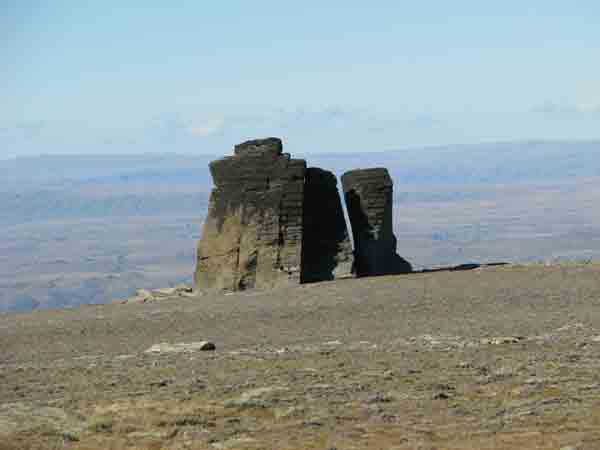
 Dunstan Mountains
Dunstan Mountains
Today I went on a 4 wheel drive trip into the Dunstan Mountains. I can see them from
where I live so I was especially curious to go there. An ordinary family car would not make it, it’s rugged country.
I was also very motivated to get there because, as I’ve written in previous posts, I’m eager to photograph the rocks that this area is famous for.
The first of these two photos I feel, is a bit more like it. There is a certain resonance to it. It gave me a sense of something ancient, even perhaps made by humans. I was reminded of the obelisk in 2001 A Space Odyssey. This ‘pressure of the more’ and I apologise for using this phrase before, is what I seek in any art work, regardless of the medium. Without it I find work empty.
Unfortunately I don’t have a big printer here so that may have to wait.
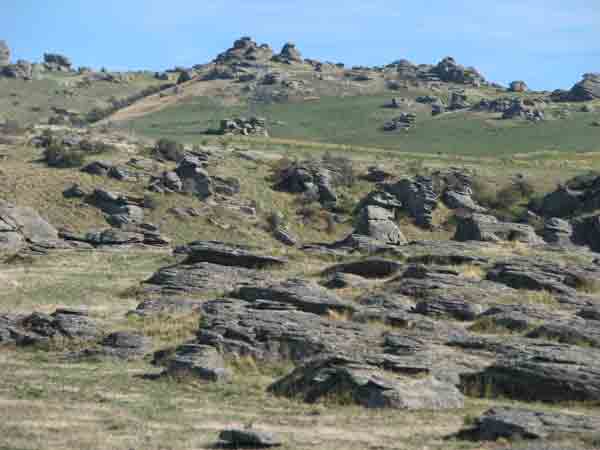 Fruitlands
FruitlandsFruitlands is the name of the area where I took this photo today. Interesting name for somewhere that looks like this. Almost as puzzling as another nearby locality called Muttontown. Don’t think that I would want to live somewhere called Muttontown. I can say this because as far as I know no one lives there and I’m not going to get jumped on when I go for my morning coffee.
As you can see, I’m hot on the trail of rocks at present. I’m still not happy with any photos that I have taken so far but I’m giving myself an A for Effort especially as the giant temperature gauge in town said that it was 36 degrees today.
The photo below is from Butcher’s Dam where I was yesterday. I went back today to rephotograph this rock that I had noticed. It’s as if I have a built in geiger counter/metal detector that tells me that there is something in front of me that I need to pay attention to even if I don’t know why.
This region is famous for its rocks and I wouldn’t like to leave here without taking at least one photo which does them justice. It may take me the entire 11 months that is remaining but I’ll keep searching. The photo above is not mine, but shows the kind of the formations commonly found here. I think that an episode in Lord of the Rings was filmed in Otago.
Today was my first attempt to go out looking for rocks with my camera. I drove about 5 minutes to a place called Butcher’s Dam and parked in a DOC carpark before setting off exploring on foot. This photo, below, not very strong but a beginning, was taken at a small lake in which, because of the hot and dry summer, the water level is very low. Normally this rock would be covered.
Riverton, Southland
At the bottom left of the South Island is some very powerful landscape, dramatic by any standards. The sea is wild, the rocks black, jagged. Riverton is one of the main settlements in this area. From my studio, luckily it is only about 30 minutes drive.
Stewart Island looms in the distance, its hills topped with snow, something that surprised me. Somehow I hadn’t imagined that.
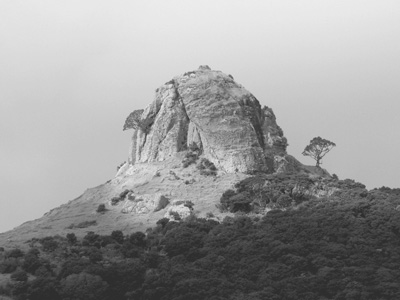 Outcrops
Outcrops
I have mentioned below, in Templates, how there are certain shapes that I return to on quite a regular basis. Here are a couple of examples, the top photo being of the St Pauls rock at Whangaroa, and the lower, one of a cluster here at New Plymouth. Both are the cores of volcanoes, approx 6 million years old.
